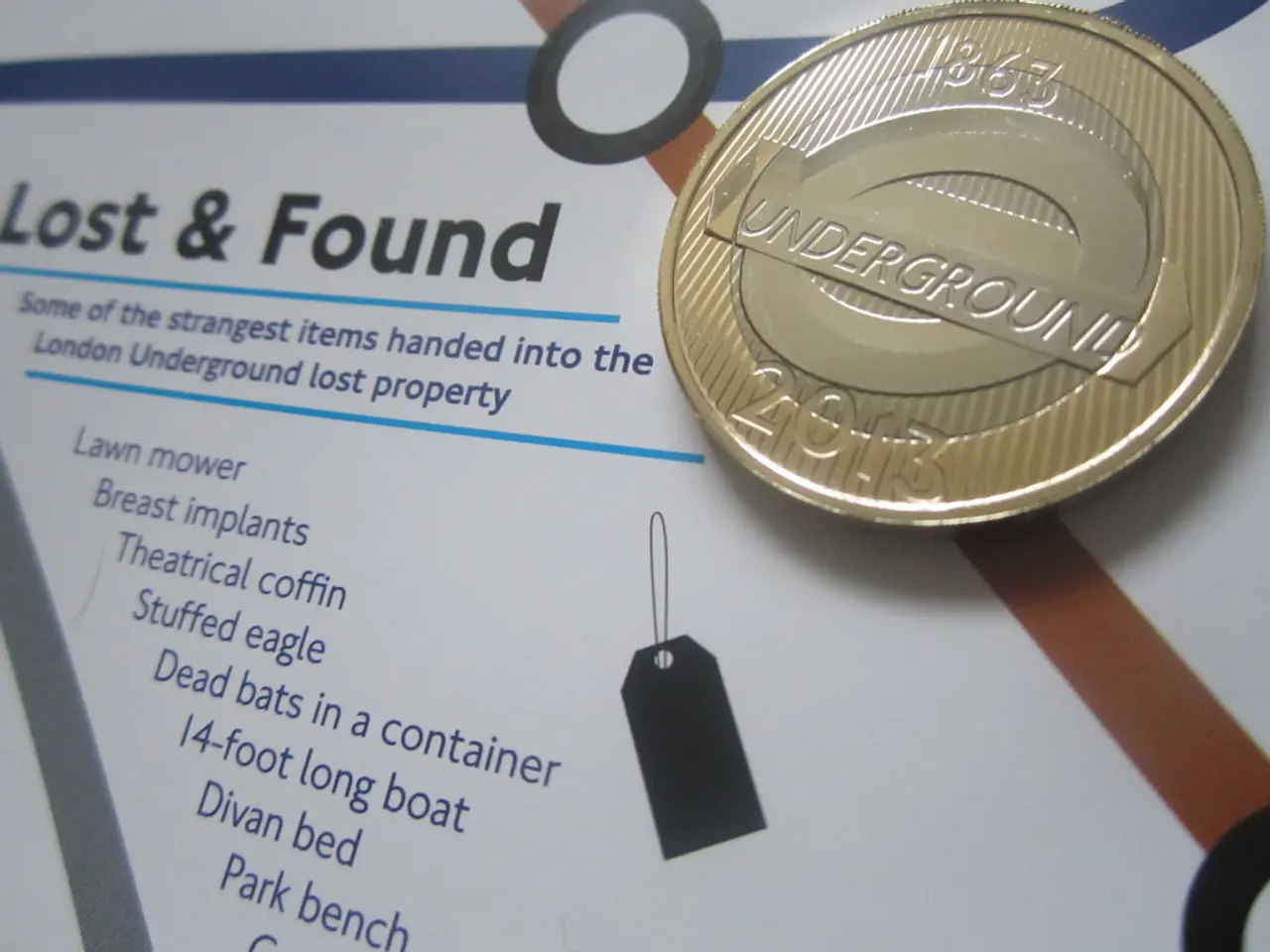National Bank Head on Tenge Exchange Rate: Interventions will worsen, not improve the situation
Timur Suleimenov, the Chairman of the National Bank of Kazakhstan, has reiterated the importance of managing the country's national reserves wisely and maintaining a focus on the tenge's stability. In a statement posted on his Facebook page, Suleimenov emphasised the need for a careful approach to managing the national reserves, which currently stand at $52.2 billion.
Suleimenov highlighted that the reserves can help smooth out speculative fluctuations in the tenge market. However, he believes that interventions won't help and may harm if the rate moves up or down due to market or fundamental factors. The Chairman did not specify any immediate plans for intervention in the tenge market, but his comment suggests a commitment to a cautious approach, favouring a reliance on market forces.
According to Suleimenov, the current pressure on the Kazakhstani tenge is formed by market factors, including active budget spending, increased imports, seasonal dividend payments, and tourist demand. The increased money supply and fiscal injections into the economy, which have grown by 18% year-over-year without corresponding growth in GDP or domestic production, contribute to upward pressure on foreign currency demand. Additionally, rising import demand, driven by government spending on infrastructure and social projects, requires more foreign currency due to large contracts and foreign equipment purchases.
Suleimenov's comment indicates a recognition of the potential risks associated with speculative factors in the tenge market. He believes that unwarranted interventions can benefit speculators, not the economy as a whole. The Chairman has assured that they closely monitor the exchange and interbank market, ready to react promptly in case of sharp volatility and speculative operations.
Despite the current pressure on the tenge, Suleimenov stated that since Kazakhstan adopted inflation targeting and allowed the tenge to float freely from 2015, the exchange rate responds to market supply and demand rather than state controls. The current depreciation reflects natural and temporary market movements without signs of speculative activity.
The dollar rate has risen by almost 3 tenge on the exchange on July 25, according to a separate report. However, Suleimenov's statement does not indicate any change in his belief that a cautious approach to intervening in the tenge market is necessary, favouring a focus on managing Kazakhstan's national reserves in a way that benefits the economy as a whole, rather than just speculators.
The Chairman of the National Bank of Kazakhstan, Timur Suleimenov, emphasized the importance of managing the nation's reserves cautiously to maintain the stability of the tenge, highlighting that these reserves can help mitigate speculative fluctuations in the market. In his comment, Suleimenov suggested a commitment to a cautious approach in the tenge market, preferring to rely on market forces and minimizing unwarranted interventions that could benefit speculators rather than the economy as a whole. This approach is based on his belief that they should manage Kazakhstan's national reserves wisely in the context of finance and business, contributing to the economy's overall wellbeing.




